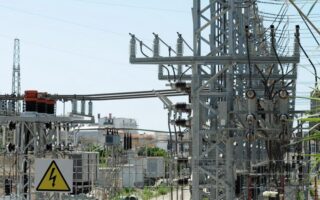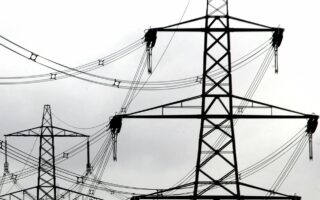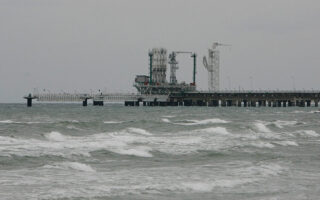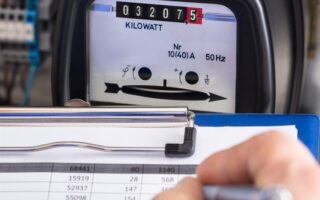Greeks cut down on energy consumption
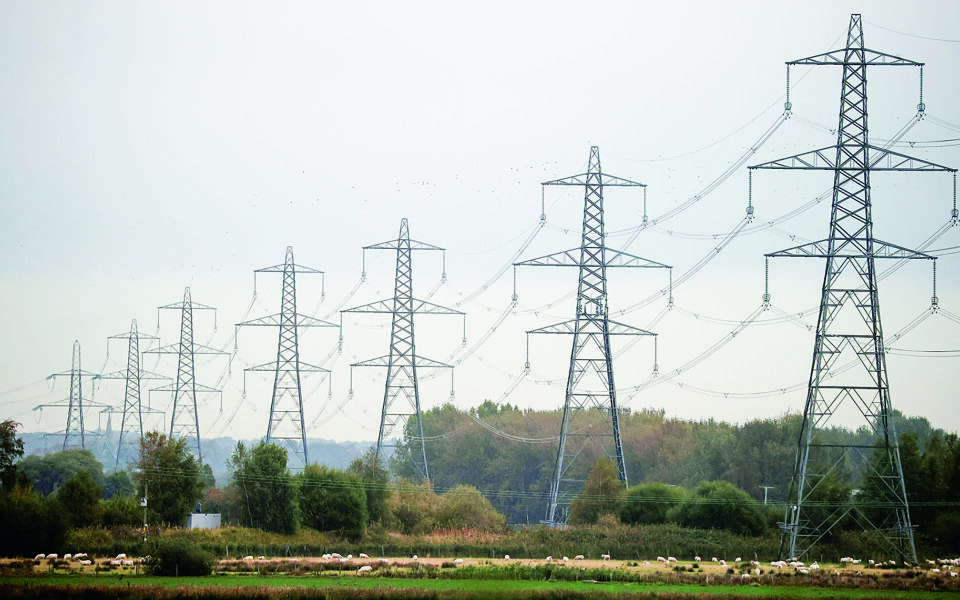
Households and businesses flipped their electricity and gas switches in 2022 to cope with high prices.
Official data from the Independent Power Transmission Operator (ADMIE) and the Natural Gas System Operator (DESFA) for the January-November period showed a plunge in demand for electricity by 25.07% and natural gas by 17.8%.
Greeks seem to have also limited their car use, mainly in the second half of the year, while despite the unseasonably high temperatures of the last two months, they stocked up on heating oil, taking advantage of state subsidies and refinery discounts.
Diesel sales also increased by 7% as a result of increased tourism traffic in the summer and its use as a replacement of expensive natural gas by the country’s industrial enterprises. Heating and motor oil kept the fuel market upright, since gasoline showed a marginal increase (2%) in the those 11 months and a 2% decline over the year, according to market estimates.
Electricity consumption dropped from 4,881 gigawatt-hours in January 2022 to 3,657 GWh in November, registering a drop of 25.07%. The decrease in consumption started in July (-11.78%) and continued in August (-13.17%), slowing in September (-3.27%), to return with greater intensity in October (-9.25%) and even more so in November (-11.9%), also a result of the limited use for heating due to the mild weather conditions.
This paves the way for achieving both the mandatory and voluntary goal of reducing consumption by 5% during peak hours within the framework of European regulations. The significant reduction in consumption limits the participation of energy intensive industries in reducing demand to achieve the three-hour (6-9 p.m.) target for the period up to March 2023.
The reduction in natural gas demand in January-November 2022 also creates favorable conditions for achieving the goal of reducing consumption by 15% between August 2022 and March 2023 compared to the average of the same period of the previous five consecutive years. During this period, natural gas consumption, according to Eurostat data, fell beyond the target of 15% in Greece, with a consumption decrease of 17.8%, though its percentage is lower than the European average (-20.1%).
